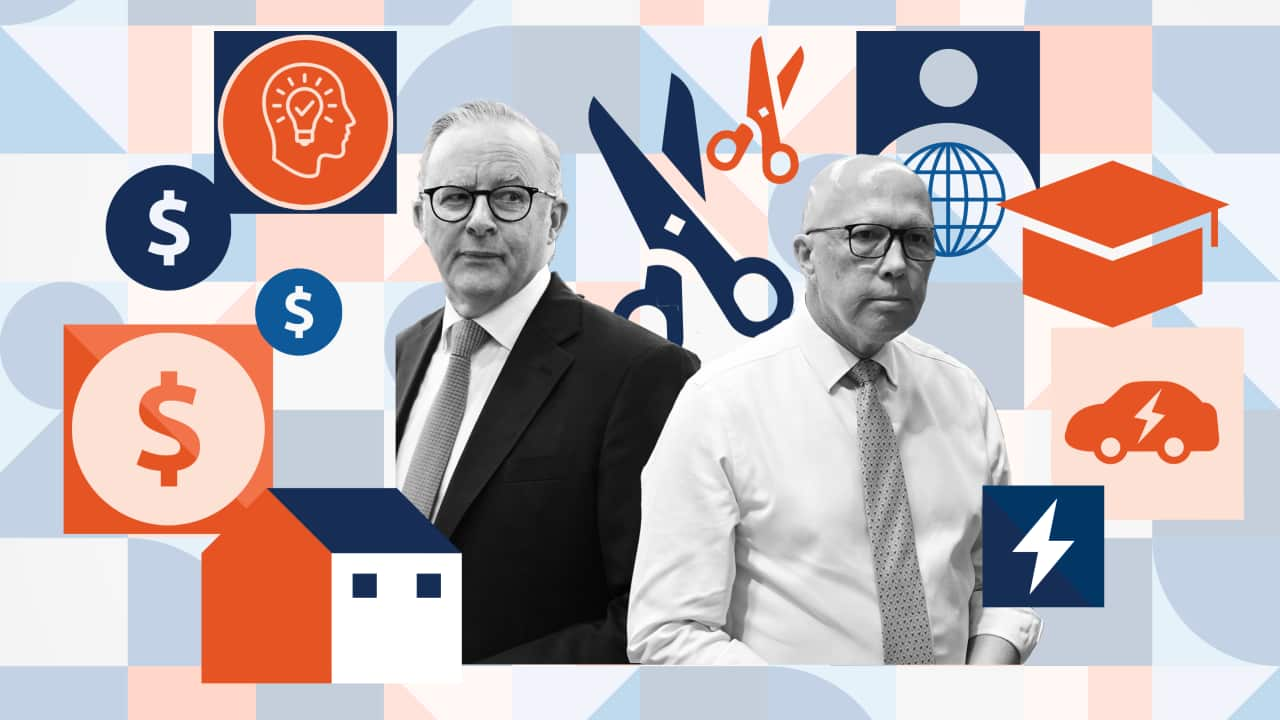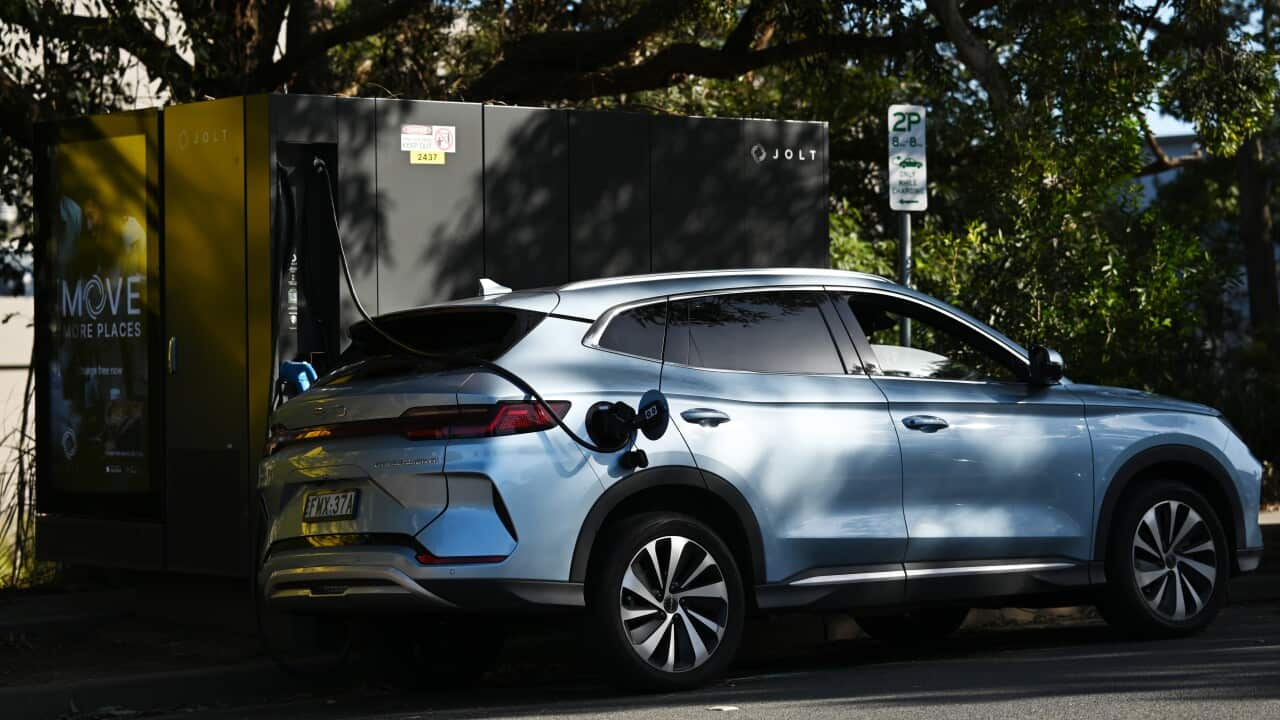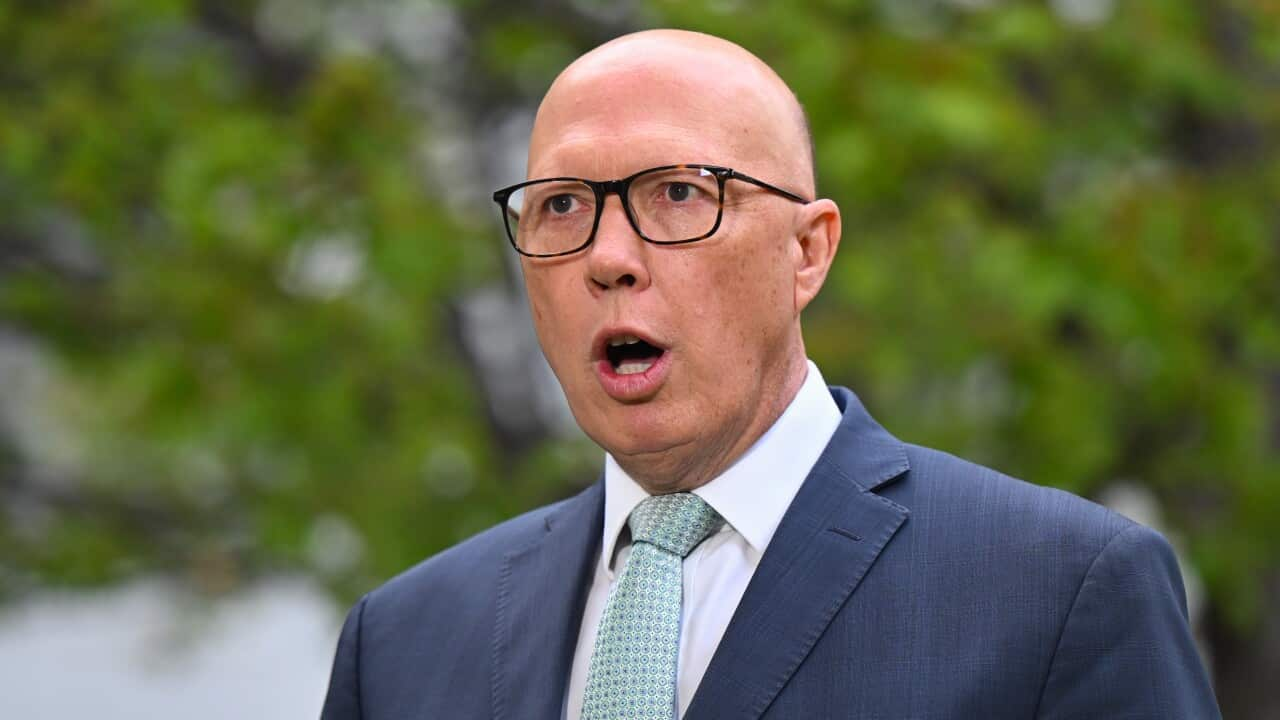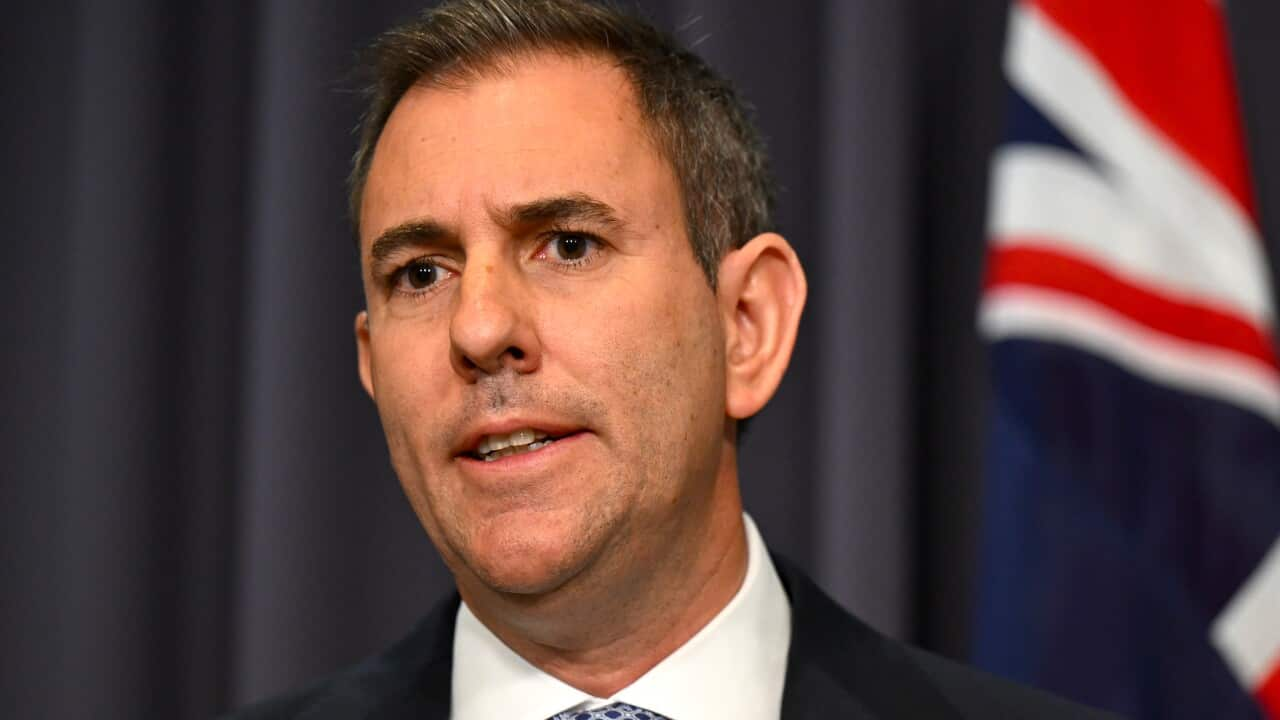While Labor and the Coalition agree on some big-ticket items — like a boost to Medicare — other measures will face the axe depending on who is elected.
Here are some key differences between the major parties that could leave certain groups worse off:
Free TAFE
Free TAFE will be axed under a Coalition government, which has instead promised to build in areas with skill shortages and youth unemployment.
Industry experts warn the change from Labor's legislation — which provides ongoing funding for at least 100,000 fee-free courses annually from 2027 — will lead to construction workforce shortages.
While the Coalition backs Labor's $10,000 incentive for apprentices, it will also give employers $12,000 if they hire apprentices in areas with a skills shortage, something Labor won't do.
Student debt reprieve
Roughly three million Australians with student debts won't have their loans — including HECS/HELP debts — reduced under a Coalition government.

More than three million current and former university students have been promised 20 per cent reductions in their student debts under Labor. Credit: Chris Ison/PA
Liberal frontbenchers have called the pledge "elitist" and "profoundly unfair".
The Albanese government also wants to increase the income threshold for when students are required to pay back their loans, which was lowered under the Morrison government.
Social and affordable housing
The Coalition will scrap the government's $10 billion Housing Australia Future Fund, which aims to .
It will also axe Labor's Build-to-Rent scheme, which incentivises developers to build housing entirely for renting and commits at least 10 per cent of the dwellings to affordable housing.
Throughout the campaign, Opposition housing spokesperson Michael Sukkar has not specified how many affordable homes the Coalition would build if elected.
Subsidised psychology sessions
The number of subsidised psychology sessions will not increase from 10 to 20 under a Labor government, despite a
Opposition leader Peter Dutton has pledged to reinstate the 20 free psychology sessions available under the Morrison government, as part of a $400 million mental health boost that focuses on youth services targeting 12 to 25-year-olds.
Labor instead plans to establish 21 new youth specialist centres for more complex issues, on top of promises to expand, upgrade or build 58 headspace centres.
Penalty rates
The Coalition does not support for three million workers on basic wages or industry awards.
Award wages often exempt staff from penalty rates in exchange for a higher base salary.

Essential Research polling last month commissioned by Australian Unions found 70 per cent of respondents said protecting penalty rates for workers would be an issue voters take into consideration at the ballot box. Source: Getty / Kriangkrai Thitimakorn
In a joint statement, the Australian Chamber of Commerce and Industry, Australian Retailers Association and Council of Small Business Organisations of Australia warned Labor's proposal could undermine job creation and threaten some small businesses.
Small business benefits
The Coalition has promised to make permanent and will lift the $20,000 cap to $30,000, something that won't happen if Labor is re-elected.
Labor will extend the asset tax perk for another year but will keep the $20,000 cap.
LISTEN TO
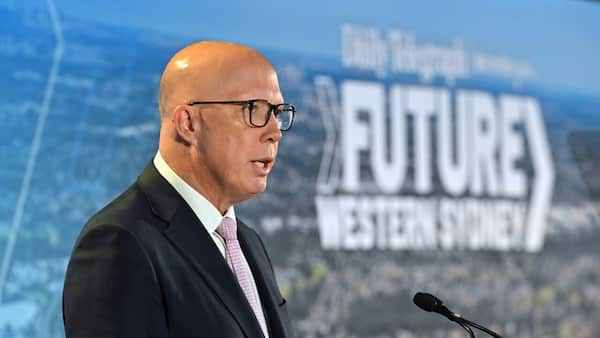
Labor and Coalition make their cost of living pitches to voters in Western Sydney
SBS News
03:32
Also on Labor's chopping block are tax incentives for Australians starting new businesses.
Under the Coalition's entrepreneurship accelerator scheme, businesses would only pay tax on 75 per cent of their first $100,000 of taxable income, and on 50 per cent of the second $100,000. The ratio of tax paid will increase in the subsequent two years of operation.
The Coalition will also allow small and medium-sized businesses to claim up to $20,000 each year on staff meals, a pledge that will not go ahead under Labor.
Electric Vehicle benefits
Australians buying electric vehicles (EV) is elected.
Automotive groups warn the change to Labor's fringe benefit tax exemption would raise the price of a $45,000 EV by roughly $3,500.
Opposition transport spokesperson Bridget McKenzie has also said EV owners should contribute to road maintenance, as other motorists do through the fuel excise, although the Coalition has stopped short of announcing a "tax".
Public servant jobs
Roughly are set to lose their jobs under a Coalition government.
Dutton has revealed frontline services and national security roles will be spared, and some reductions will come from leaving vacancies unfilled.
However, Labor argues it is impossible to contain the cuts to the nation's capital, as this would require a 60 per cent cut to the 68,435 workers employed as of 30 June 2024, according to the Australian Public Service Commission.
The Albanese government will instead save billions by reducing spending on consultants, contractors and labour hire more broadly, pledging no cuts to public servants.
International student places and fees
International students will find it harder and more expensive to come to Australia after the federal election, with both major parties targeting this cohort during their campaigns.
The Coalition plans to cut, a reduction of roughly 80,000 from 2023 levels in its bid to ease housing pressures.
It has also promised a 25 per cent cap on public university enrolments from 2026. The changes will result in 30,000 fewer new foreign students each year compared to Labor's plan.
Labor introduced a de facto cap last year , which has enabled it to reduce numbers by slowing visa processing and assigning quotas for international students to each university.
Both parties have pledged to raise the $1,600 international student visa fee, with Labor vowing an increase to $2,000.
The Coalition will charge $5,000 for Group of Eight universities and $2,500 for all other international students if it is elected.
Regional infrastructure
Remote and regional Australians will not benefit from the $20 billion infrastructure boost pledged by the Coalition, if Labor secures a second term.
The Coalition has promised to launch a Regional Australia Future Fund aimed at fixing issues in remote areas such as roads, improving transport networks, boosting access to health services, as well as improving regional mobile and internet connectivity.
In order to set up the fund, Labor's $10 billion Housing Australia Future Fund, the $5 billion Rewiring the Nation Program set up to build transmission lines, as well as the $15 billion National Reconstruction Fund.
Labor is committed to its three programs instead.
Visit the to access articles, podcasts and videos from SBS News, NITV and our teams covering more than 60 languages.
